The first time in the history of the Church that a massive exhibition on Medical missions and Catholic healthcare services was during the FIAMC Congress in Barcelona (May, 2006). Here you have some pictures and informations. Many doctors and associations contacted for the first time and began important collaboration projects. The members of the Federation and the ecclesiastical authorities where astonished at that time. Dozens of volonteers helped in organizing the event “ad maiorem Dei gloriam”.
http://www.fiamcbarcelona2006.org/ Catholic Doctors. Globalization and poverty.
| Exhibitions | |
| 1.- Dr.Tarrés. Beyond the doctor (Medical Association of Barcelona).
2. -The Holy Sheet of Turin, medical issues of the passion of christ (Spanish Center of Sindonolgy). 3.- Mined lives. The children of the anti person mines (La Caixa) 4.- Christian doctors of Catalonia (Metges Cristians de Catalunya) 5.- The little story of holy doctors ( Dr. J.Mª. Vilarrasa). 6.- Tsunami Relief in Asia (Asian Federation of the Catholic Medical Associations). 7.- Abortion Victims Association. 8.- Pro-life Exhibition Barcelona, Spain. 9.- Exhibition on telemedicine. Spanish Armed Forces. 10.- Dr. Marià Mullerat. 11.- The objectives of the millennium (Cáritas Internacionalis). 12.- The rubbish dumps in Argentina (Caracas). 13.- A project in Guatemala (Caritas). 14.- Médicus Mundi (Camerun). 15.- Domund. 16.- Combonian Missionaries: “Africa opens its doors to us”. 17.- The human face of the Catholic Argentinian University. 18.- Holy Week of Tarragona. 19.- Franciscan missionaries of Sagrado Corazón. 20.- Freetown Diocese, Sierra Leona. 21.- Ramón Cuello: sculptor of Dr. Tarrés. 22.- Metges Cristians de Catalunya, some work abroad. 23. Catalunya and Montserrat. 24.- Hospital in Bethlehem. Santo Sepulcro order of Jerusalem. 25.- Dr. Ernesto Cofiño. 26.- Dr. Eduardo Ortiz de Landázuri. 27.- Dr. Pedro Herrero. 28.- Proyecto Hombre (Life project). 29.- The hospitality of Lourdes. 30.- The doctor patient (Medical Association of Barcelona). 31.- Intervida. 32.- Epiphany Medical Missions. 33.- Polish pro-Life Exhibition. 34.- Expo pro-Life Peru. 35.- Bradopta – Brasil. 36.- Lumen Dei Medical Missions. 37.- Aid to the needed church. 38.- Anna Gasol. Oriental icons to serve the poor. 39.- Oscar Sanchís. Religious painting. 40.- Our little brothers. 41.- Mother Rafols. Life and work in healthcare. 42. -The Camilo Fathers. 43.- San Juan de Dios. 44.- Caritas Cambodia. 45.- FIAMC in India. 46.- Healing the consequences of abortion. Emilia Ros and others. 47.- Harambee. 48.- Independent anti-AIDS committees. 49.- European Pro Life Doctors. 50.- San Egidio and AIDS. 51.- Pontifical Council for the Pastoral 52.- OTHERS Confirmed Exhibitions on 5/5/2006 |


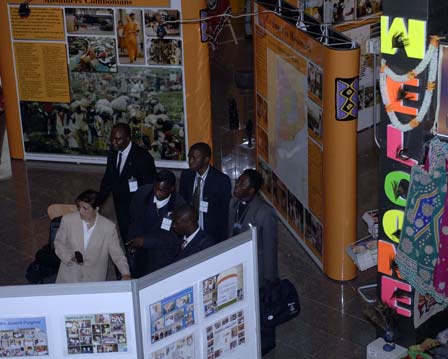













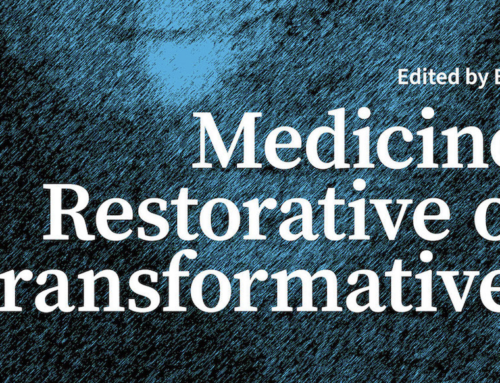
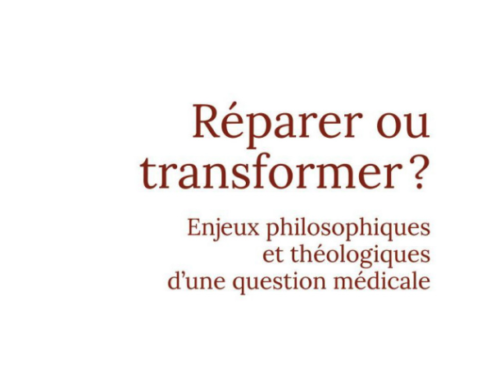
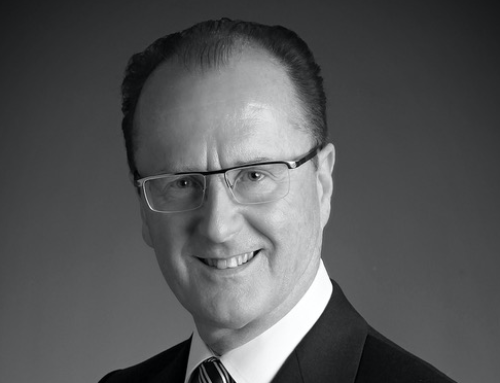
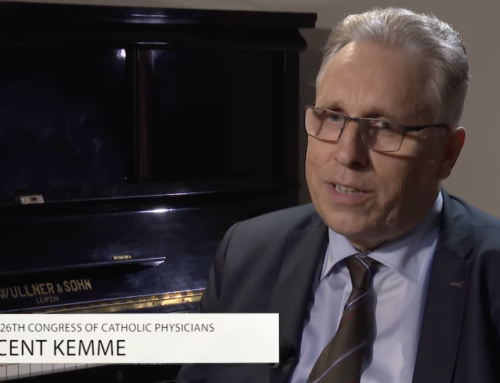
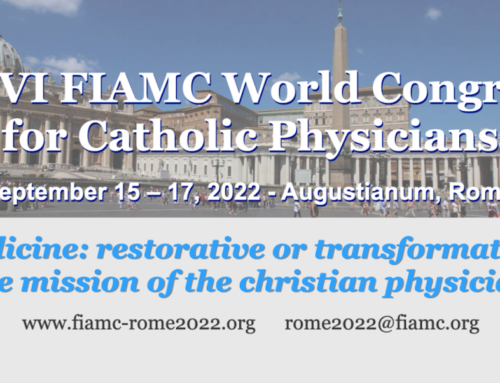




[…] Holy See: Catholic Church key provider of healthcare 4 105 2012-05-23 Vatican Radio The Holy See on Wednesday advocated for affordable, universal health coverage at the 65th World Health Assembly in Geneva. However, the Church reminded the Assembly the role of the private sphere cannot be ignored. “At the level of each single nation, the progress towards universal coverage cannot be the effort of the state machinery alone,” said Archbishop Zygmunt Zimowski, head of the Holy See Delegation. “It requires support from the civil society and communities, whose contribution to health service delivery is fundamental.” Archbishop Zimowski, who serves as the President of the Pontifical Council for the Pastoral Care of Health Care Workers, said the Catholic Church one of the key partners in healthcare delivery, especially in the developing world. He told the Assembly that religiously-affiliated healthcare workers should be allowed to follow their consciences as they provide care. “The efforts and contribution of such organizations and institutions towards universal access, merit the recognition and support of both the State and the International Community, without obliging them to participate in activities they find morally abhorrent,” he said. ******** Intervention of the Holy See Delegation to the 65th World Health Assembly 21-26 May 2012, Geneva, Switzerland Madame President, 1. My delegation, in conjunction with other delegations, wishes to reaffirm the Resolution on Sustainable health financing structures and universal coverage (WHA64.9), which among others urges member States to aim for affordable universal coverage and access for all citizens on the basis of equity and solidarity. As Pope Benedict XVI emphasizes, “in the health-care sector too, which is an integral part of everyone’s life and of the common good, it is important to establish a real distributive justice which, on the basis of objective needs, guarantees adequate care to all. Consequently, if it is not to become inhuman, the world of health care cannot disregard the moral rules that must govern it.” The goal of the International Community is to enable everyone to access health services without running the risk of financial hardship in doing so (WHA58.33). Despite the progress made in some countries, we are still a long way from this target. There is need therefore for greater commitment at all levels in order to ensure that the right to health care is rendered effective by furthering access to basic health care. In this regard, the Holy See delegation supports the integration of universal coverage in high-level meetings related to health or social development, as well as its inclusion as a priority in the global development agenda. At the recent Forum on Universal Health Coverage held in Mexico City, on 2 April, 2012, it was noted that more countries, especially those with emerging economies, are moving towards universal coverage, and this is very encouraging. The results obtained in these countries are not simply a fruit of financial resources; it has been observed that good policies that promote equity have guaranteed better health for a greater number of citizens in these countries. Therefore my delegation strongly believes that in the endeavor to promote universal coverage, fundamental values such as equity, human rights and social justice need to become explicit policy objectives. 2. Secondly, Madame President, it has been shown by both low and middle-income countries that progress towards universal coverage is not the prerogative of high-income countries. Nevertheless, most low-income countries need the support of the international community, especially of high-income countries and other development partners, in order to overcome the funding shortfalls in health. The Holy See delegation therefore wishes to reiterate the call for greater global solidarity and commitment in development assistance for health. Evoking the words of the Holy Father, “more economically developed nations should do all they can to allocate larger portions of their gross domestic product to development aid, thus respecting the obligations that the international community has undertaken in this regard.” 3. Lastly, at the level of each single nation, the progress towards universal coverage cannot be the effort of the state machinery alone. It requires support from the civil society and communities, whose contribution to health service delivery is fundamental. In this regard States should, “in accordance with the principle of subsidiarity, generously acknowledge and support initiatives arising from the different social forces and combine spontaneity with closeness to those in need.” Faith-based organizations and Church-sponsored healthcare institutions, inspired by Charity, are part of those living forces in the healthcare field. With over 120,000 social and healthcare institutions world-wide, the Catholic Church is in many developing countries, one of the key partners of the State in healthcare delivery, providing services in remote areas to rural low-income populations, enabling them to access services that would otherwise be out of their reach. The efforts and contribution of such organizations and institutions towards universal access, merit the recognition and support of both the State and the International Community, without obliging them to participate in activities they find morally abhorrent. Thus Pope Benedict XVI asks “international agencies to acknowledge them and to offer them assistance, respecting their specific character and acting in a spirit of collaboration.” Thank you, Madame President, and God bless you all. Archbishop Zygmunt Zimowski Head of the Delegation of the Holy See to the 65th World Health Assembly ……………………………………………………. See also: http://www.fiamc.org/institutional_information/history/exhibition-first-time-in-history/ […]
[…] http://www.fiamc.org/institutional_information/history/exhibition-first-time-in-history/ […]